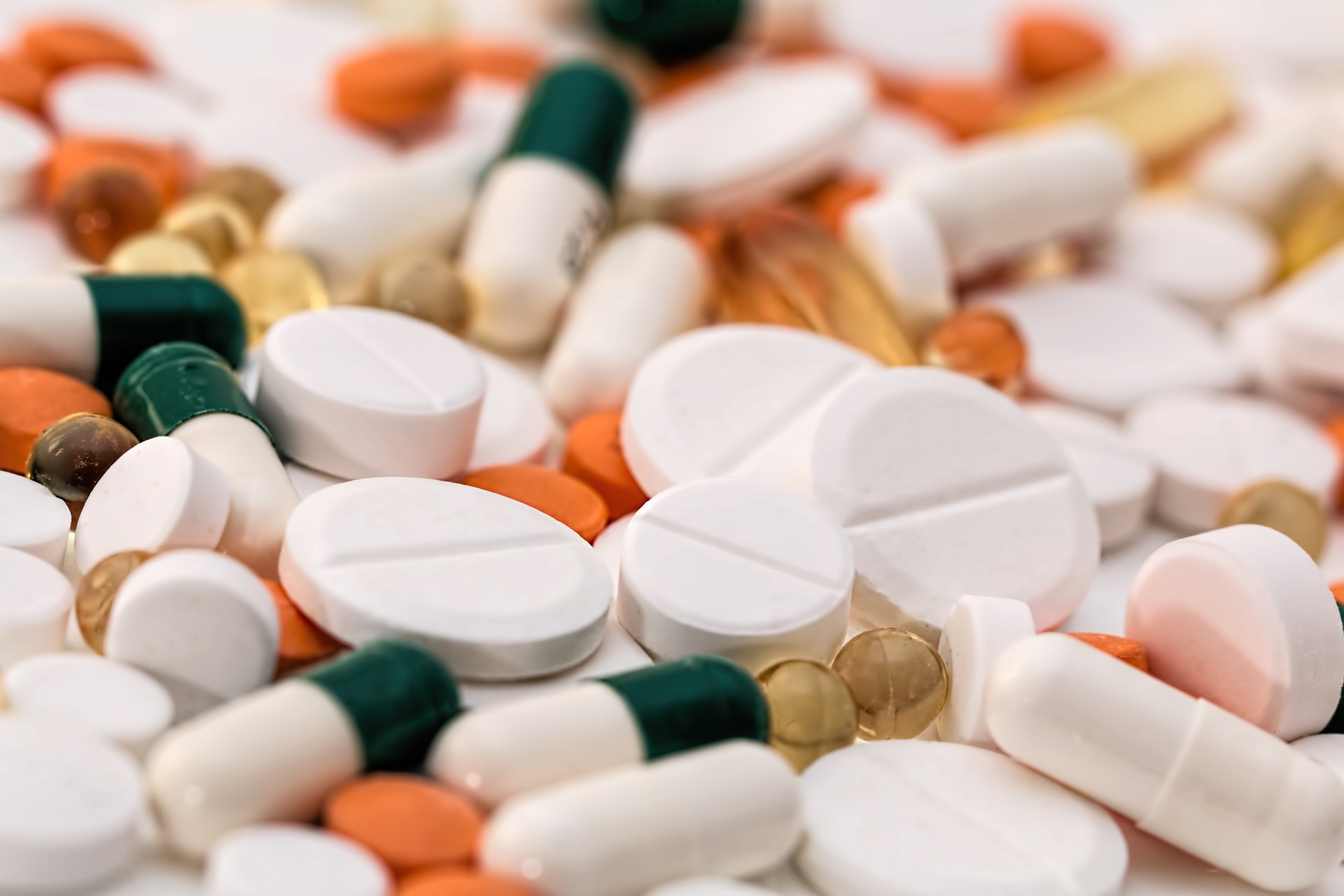THERE’S no denying it; Ireland has a serious problem with mental health.
This problem manifests itself in many ways, but one of the most common appears to be addiction and substance abuse.
In 2015, 224 people died by overdose in Ireland with a reported 8,791 people admitted to Accident and Emergency for self-inflicted harm. According to the most recent statistics, Ireland’s death rate from drugs was more than three times above the European average. These statistics show the horrific impact that mental illness, substance abuse, and addiction have on our society. The harsh reality is that young people are taking drugs, regardless of their mental state, and the age-old “just say no” is not good enough anymore.
In advance of the festival season last year, Dr Eamonn Keenan from the HSE released the following statement, giving advice to young people and other festival goers: “We are aware that there have been deaths and hospitalisations at festivals in the UK recently associated with the use of illicit drugs. We are also aware that there are high dose batches of ecstasy or MDMA in circulation. With this in mind as the festival season begins, we want to make people aware of our harm reduction information around drugs. Harm reduction benefits people who use drugs, their families and the community.”
The advice provided included do not leave anybody who is intoxicated on their own, don’t be afraid to contact the welfare and emergency services and always ensure you know where the medical tent is located.
Yet this summer saw the deaths of four people in the UK from an overdose at festivals, and just last week a nineteen-year old man died at Boxed Off music festival from a suspected drug overdose, though this is yet to be confirmed.
An addiction counselor from Cuan Mhuire Rehabilitation Center (a charitable drug, alcohol and gambling rehabilitation organisation in Ireland), told me the education and advice surrounding substance use is clearly outdated and ineffective.
“My advice would be to behave as responsibly as one can and bear in mind that you can never ever be sure what’s in an illicit drug when you’re given it or buy it.”
“The incidents of accidental overdose and death is exponentially increasing primarily due to common party drugs being “cut” with lethally potent new psychoactive substances with the potential to kill with one dose.”
Despite the obvious dangerous surrounding illegal substances, people are still using them. But why?
A young woman who has recently been discharged from Cuan Mhuire said she began taking substances as a coping mechanism to deal with her anxiety and depression.
“I abused alcohol, drugs, gambling and food. I turned to it to cope with the traumas in my teenage life.”
“I always felt trapped at home, out of place, and unwanted.”
“On top of being a child of adoption, I didn’t feel like I fitted in anywhere – where drink and drugs were concerned, I slotted in perfectly.”
In July 2017, she reached a breaking point. She had been to two resident treatment centres, two psychiatrists and been diagnosed with bulimia, depression and addiction. She went to three different addiction counsellors.
“I was homeless for two years in Cork… I lost my family, my friends, my jobs, and my mind.”
“After this realisation that I needed help, I ended up going to another treatment centre in Cork for five months, and then to a secondary treatment centre in Limerick for eight months straight after.”
She says advising young people to just not do drugs is outdated.
“I laugh when I hear this now, because that’s what I heard when I was in school. I’m 26 now so I’m not that old!”
“I’ve actually been to schools all over Munster doing drug and alcohol awareness talks. I tell my life story; where substance abuse brought me, how my family struggled… and I finish by telling the kids that peer pressure is overrated and that the people pressuring you are not cool.”
“Alcohol and drugs kill people, they almost killed me.”
Now fifteen months sober, she says “recovery has given me my life back.”
“From being a homeless tapper with no address, I now have a lovely two bedroom apartment in the city.”
“I’m also in college studying psychology as well, as it’s been a dream of mine since I was a little girl to become a psychiatric nurse.”
So, what’s her advice to those struggling with mental health and addiction now?
“Tell them to talk, and to share their troubles with someone close to them, reach out for help. It took me 25 years to do it and I wish I did it sooner…. but I have no regrets.”
If you have been affected by any of the issues raised in this article, please reach out to one of the following services:
- Pieta House: (01) 4585490
- Éist; UL’s Counselling service: (061) 202327
- Cuan Mhuire, Bruree: (063) 90555
- Samaritans: 116 123
![]()


